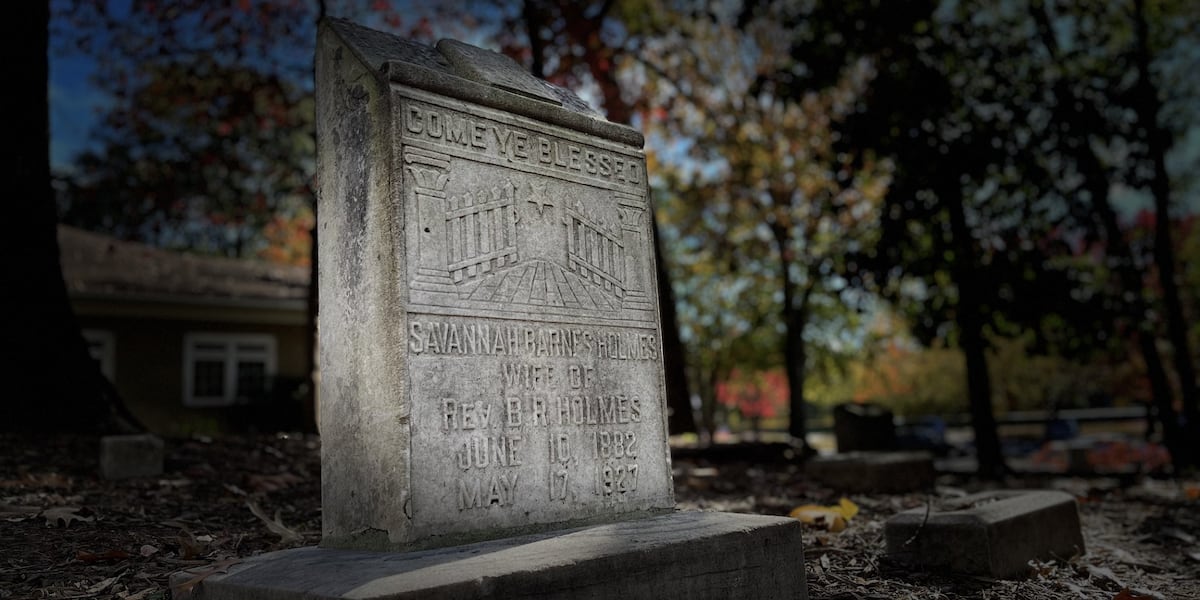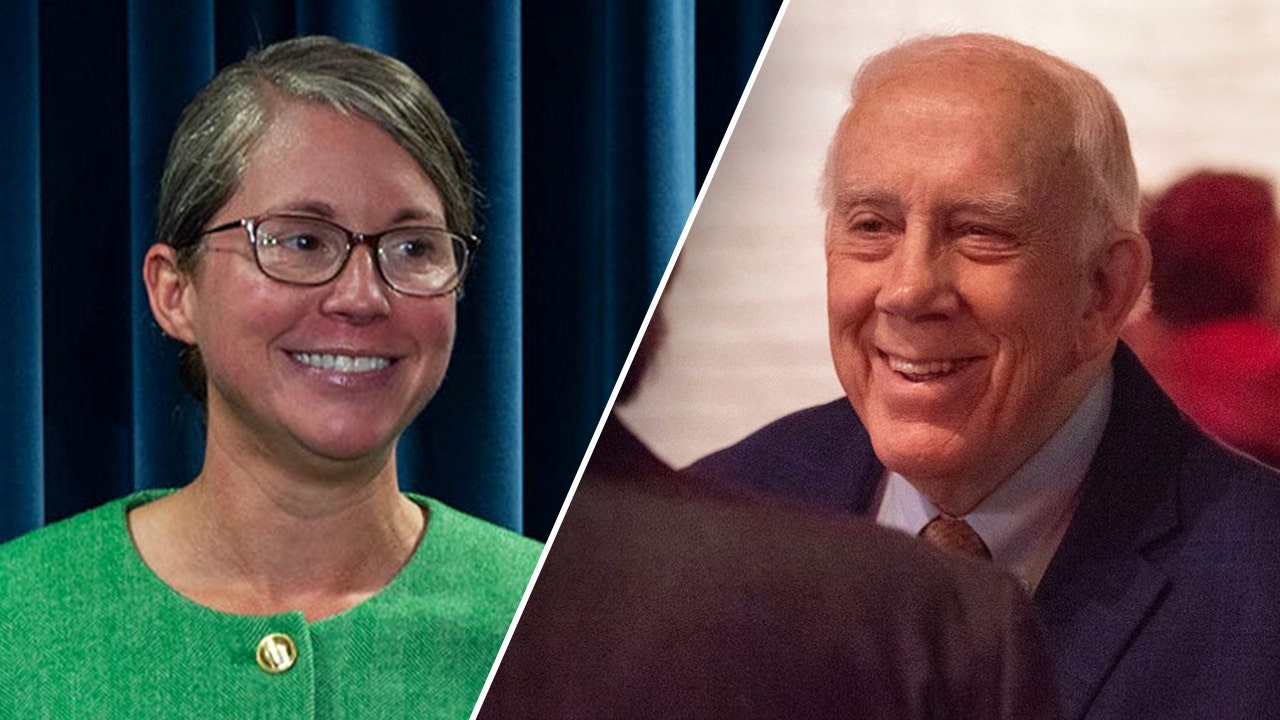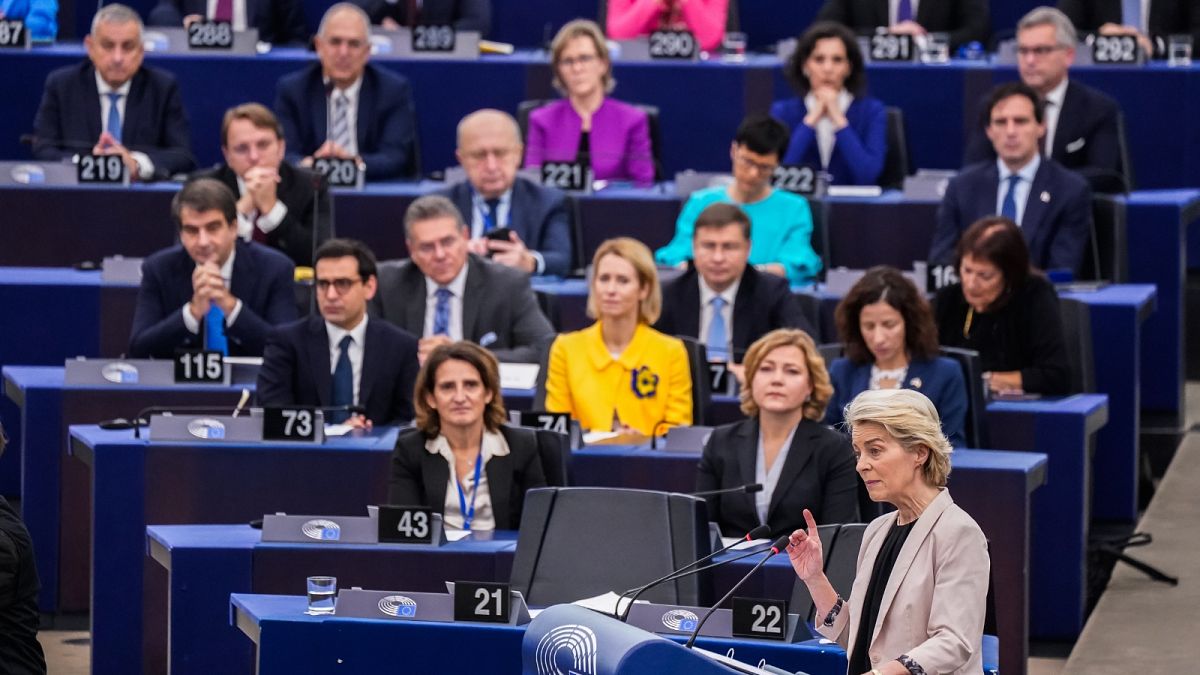France has suggested it would not necessarily detain Israeli Prime Minister Benjamin Netanyahu if he entered the country despite an outstanding arrest warrant issued by the International Criminal Court over alleged war crimes in Gaza.
The French foreign ministry on Wednesday said Netanyahu could have immunity from arrest because Israel has not signed the Rome Statute, which established the ICC.
“A state cannot be compelled to act in a manner that is incompatible with its obligations under international law regarding the immunities of states not party to the ICC,” it said. “Such immunities apply to Prime Minister Netanyahu and other concerned ministers and must be taken into account if the ICC were to request their arrest and surrender.”
The French statement, which came a day after Paris helped the US broker a ceasefire between Israel and Lebanon, risks undermining the ICC by raising questions about its jurisdiction.
Rights groups including Amnesty International criticised the French position as “deeply problematic” because it ran counter to its obligations as an ICC member.
The Hague-based court last week issued arrest warrants for Netanyahu and former defence minister Yoav Gallant “for crimes against humanity and war crimes” allegedly committed in Israel’s offensive in Gaza.
The ICC’s 124 member states — which include most European and Latin American countries and many in Africa and Asia — are obliged to arrest Netanyahu and Gallant if they enter their territory. But the court has no means of enforcing the warrants if they do not.
While Israel is not a signatory to the Rome Statute, a 2021 ICC ruling said the court has jurisdiction over offences committed in the West Bank and the Gaza Strip because the Palestinian territories are signatories.
The relationship between the Israeli prime minister and Emmanuel Macron, president of France, has become increasingly strained, with French officials sharply criticising Israel’s military operations in Gaza and Lebanon.
But France has also played a key role in trying to prevent the conflicts in the region from spreading.
The ICC warrants were a flashpoint in the muti-party talks over the Lebanon ceasefire because French foreign minister Jean-Noël Barrot angered Netanyahu after he suggested France would comply with the warrant. Barrot said “France will always apply international law” without clarifying exactly what he meant.
The warrants have sparked outrage in Israel, with Netanyahu’s office branding them “antisemitic” and calling the ICC “a biased and discriminatory political body”.
Israel on Wednesday filed appeals to the ICC over the war crimes charges and requested the court suspend the warrants pending the outcome.
According to the Rome Statute, the ICC has jurisdiction over all heads of state or government, even if “immunities or special procedural rules” exist under domestic or international law.
But article 98 of the statute says the court cannot request an arrest that would require a state to “act inconsistently with its obligations under international law” regarding an individual’s diplomatic immunity.
French officials did not give further details of the basis for their stance, but it raised questions over whether the same reasoning could apply to Russian President Vladimir Putin, who is subject to an ICC arrest warrant for war crimes in Ukraine. Like Israel, Moscow is not a signatory to the Rome Statute.
Macron’s opponents in France attacked the government’s statement and accused it of adopting the position to gain Israel’s support for the ceasefire.
“France is once again bowing to Benjamin Netanyahu’s demands by choosing him over international justice,” said Green leader Marine Tondelier on social network X, adding that it set a dangerous precedent.
“If we follow the logic . . . to its conclusion, what should we understand? That Putin will not be arrested if he comes to Unesco? This is a serious historical error,” she wrote.
Additional reporting by Suzi Ring in London





























/cdn.vox-cdn.com/uploads/chorus_asset/file/25739950/247386_Elon_Musk_Open_AI_CVirginia.jpg)




